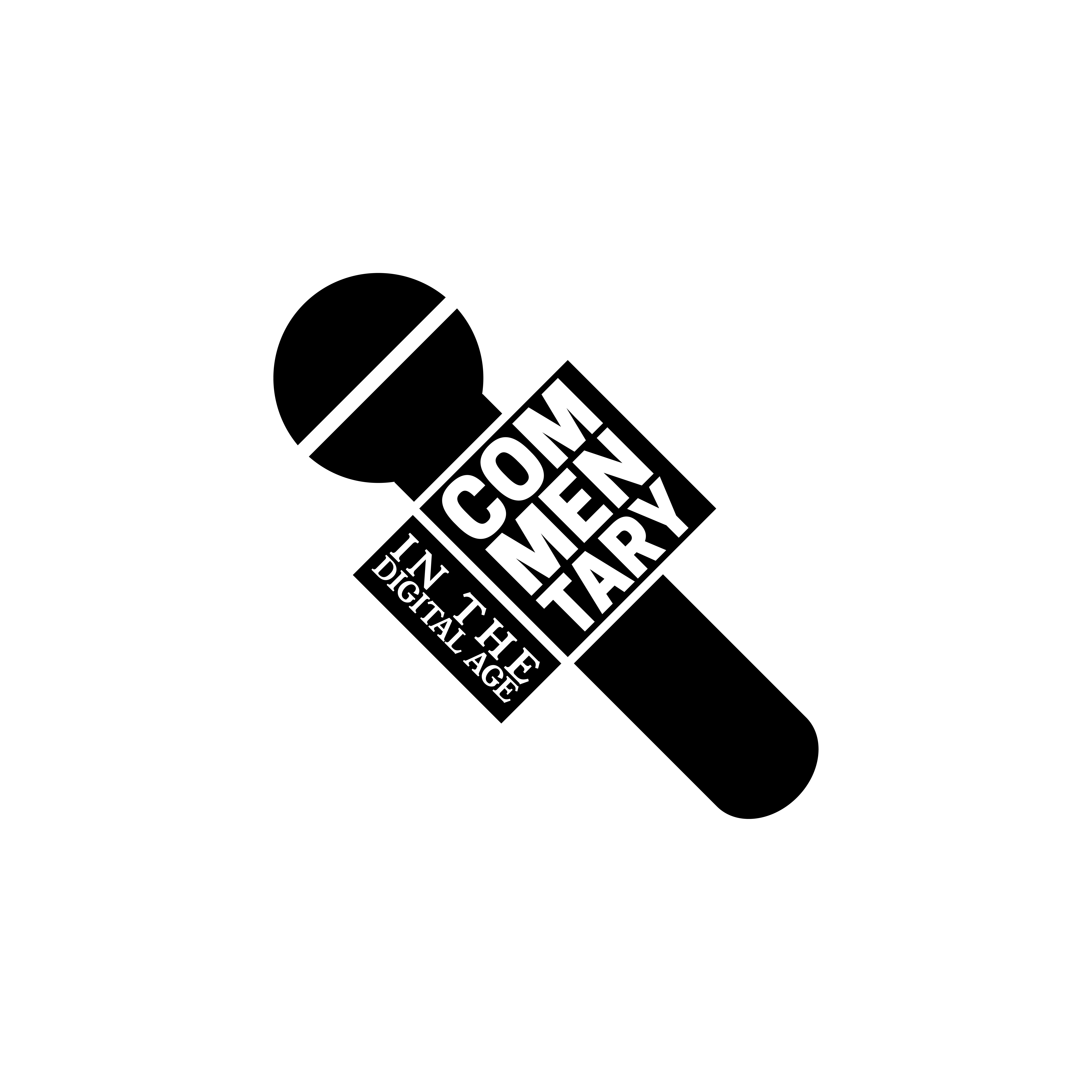Living with high-functioning autism has always made me seem a little different from others and often makes it harder for me to complete tasks that others find quite easy. Yet, I am here getting my masters in sports journalism at Arizona State University (ASU) because of the following three qualities that have been a part of me since a young age: an insatiable curiosity and capacity for knowledge, especially sports; the ability to persevere and work hard to overcome adversity; and the (occasionally wavering) belief that I can achieve whatever I set my mind to
Growing up in Alameda, California with my parents and twin sister, sports always played a big role in my life. The Oakland Athletics was the first professional team I fell in love with around the age of 6 or 7 (and they have continued to break my heart ever since). My passion for sports grew every time I went with friends and family to an A’s game or UC Berkeley college football or basketball game.
Blending my love of sports and reading, I spent many years reading the entire sports section of the San Francisco Chronicle, sports encyclopedias and the annual Baseball Prospectus. The first time I thought about sports writing as a potential future career was when I took a blogging class in middle school. Knowing that I was not physically capable of playing sports at a higher level, I pivoted to sports journalism as it allows me the opportunity to watch and write about what I love without having to physically compete.
In between years of high school, I participated in summer journalism programs at Cal and George Mason University, further fueling my interest in journalism. Then, I went to Seattle University for undergrad, gaining extensive journalistic experience reporting, writing and editing a wide-variety of sports and news stories for the school’s student-run newspaper The Spectator.
My mentor in Seattle, Mazvita Maraire, additionally aided my development. I interned with him, writing articles on some of Seattle U’s men’s and women’s basketball games for his website Cascadiasports.net. At the end of my internship, I went with him to watch a Seattle Sounders soccer match from the press box and then attend the post-game news conference. As this was my first time attending a sporting event as a credentialed journalist, it gave me a glimpse into what my future could look like.
After graduating from college, I fleshed out my portfolio through various freelance and internship positions. I wrote stories about soccer players and teams with Soccer America, a nationally circulated soccer website/magazine, covered MLB for Last Word on Sports and local high school sports and city council meetings for the no-longer in existence Alameda Sun.
In addition to freelancing, I spent time sending out multiple job applications to try to obtain a permanent job. Yet, that continued to elude me, hence why I made the decision to apply and enroll at Cronkite to further develop my skill set, learn new things, network with established industry professionals and better position me for a career in sports journalism.
So far, throughout my burgeoning journalistic career, I have only written straight, objective, facts-first articles. However, as someone who loves sharing his opinion, especially about sports, I have always been intrigued by the unique art of column writing and have enjoyed reading columns from the likes of John Shea and Ken Rosenthal. Thus when I was looking at eligible classes to take this semester and saw this class on the list, I thought it would be an incredible opportunity to improve my writing while practicing this new skill.
Commentary remains important now more than ever because with our society so incredibly divisive, the journalism industry needs sports, political and other columnists to not be afraid to write factually supported opinion pieces in order to lend guidance and credibility to the many pressing issues out there. Columnists have the power of words to influence a host of societal change and most importantly to educate the masses in a time when journalism is not only changing from print to digital focused, but facing the risks posed by fake news and artificial intelligence.
I hope that by the end of this class, I will have a solid foundation in column writing and ideally churn out some quality columns that I can look back on and be proud of my work. I want to gain experience writing columns in multiple formats, not just written so I learn as much as I can out of this once-a-week class. I also want to network with Professor Rhoden, who has had a lengthy, amazing career and can hopefully serve as a mentor for me moving forward. Heck, this class could give me the foundation to where one day if I become a sports columnist, I will look back on this experience and remember that was where the journey began.


